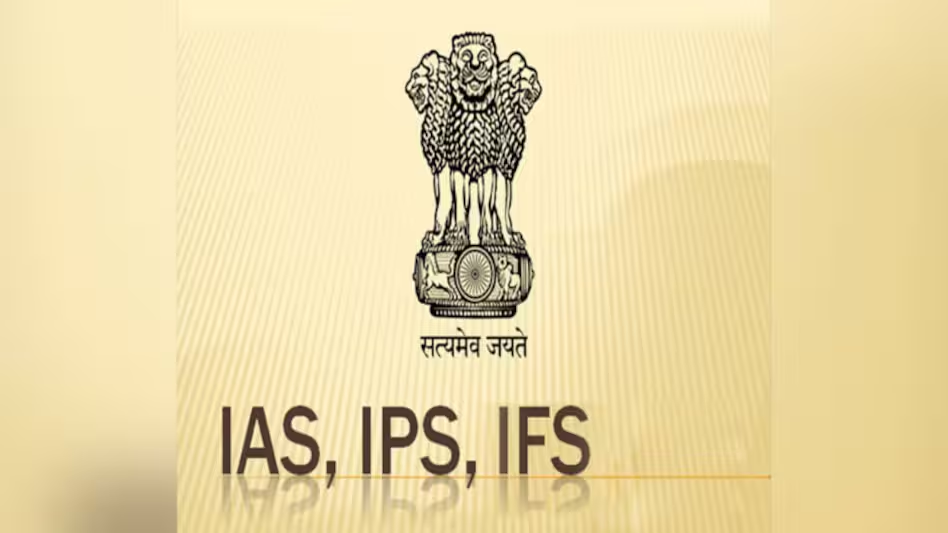Climate Change and Dengue Mortality
Context:
A study conducted by researchers from the Indian Institute of Tropical Meteorology (IITM), Pune, analysed the relationship between meteorological conditions and dengue deaths in Pune from 2004 to 2015.
More on News
- Climate change-driven warming is expected to increase the global burden of dengue, with India contributing to a third of the 100 to 400 million annual infections.
- Studies have shown that moderate rainfall spread over the monsoon season, combined with temperatures ranging from 27°C to 35°C, significantly increases dengue transmission.
- The highest dengue mortality recorded during the study period (2004-2015) was 81 deaths in 2014.
Dengue, also called break-bone fever, is a viral infection spread by mosquitoes in tropical and subtropical regions. Many people have no symptoms, but those who do may experience high fever, headache, body aches, nausea, and rash, usually recovering in 1–2 weeks. In severe cases, dengue can be life-threatening and may require hospital care. There is no specific treatment, only pain relief medication. The best way to prevent dengue is by avoiding mosquito bites, especially during the day.
Key Findings
- The study, published in the journal Scientific Reports, used both statistical tools and machine learning methods to identify key weather factors influencing dengue mortality.
- Weather Factors: Temperature, rainfall, and relative humidity were linked to increased dengue deaths due to higher cases.
- Time Lag: There is a 2-5 month time lag between favourable weather conditions and dengue deaths, providing lead time to manage outbreaks.
Rainfall and Dengue
- Moderate rainfall spread over the monsoon season increases dengue deaths, while heavy/extreme rainfall (over 150 mm in a week) reduces dengue cases by flushing out mosquito eggs and larvae.
- June Rainfall: Heavy rainfall in June washes away eggs laid the previous year, lowering dengue cases.
- Active-Break Phases: Fewer active-break days (longer dry spells) during the monsoon season correlate with higher dengue cases and deaths.
Temperature and Dengue
-
- Mean temperature above 27°C in Pune resulted in higher dengue deaths.
- This temperature positively affected:
-
- Mosquito longevity
- Egg deposition and frequency
- The time between a blood meal and egg-laying
- A statistically significant correlation was found between annual dengue mortality and the number of days with optimal temperature (above 27°C) during the monsoon (June–September).
- This temperature threshold is specific to Pune and may vary for other regions.
Humidity and Dengue
-
- Dengue deaths were higher when relative humidity ranged between 60% and 78% during the monsoon.
- Humidity influences:
-
- Hatching and survival rate of mosquitoes
- Biting frequency
- A minimum of 60% relative humidity is necessary for Aedes aegypti mosquitoes to survive, as lower humidity causes dehydration and death.
Development of a Dengue Early Warning System
-
- Researchers developed an AI/ML-based early warning system to predict dengue outbreaks two months in advance using:
- Mean temperature (41%)
- Cumulative rainfall (29%)
- Relative humidity (20%)
- The model was also applied for future projections of dengue mortality based on climate change scenarios.
Projected Increase in Dengue Mortality (2021-2100)
- Under low-to-high emission scenarios, dengue mortality in Pune is projected to increase by 12-112%.
- This highlights the significant impact of climate change on dengue mortality.
- The study provides crucial insights for policymakers to develop targeted interventions to control dengue outbreaks in Pune and beyond.
The study stresses the urgent need for cooperation from health departments to develop customised early-warning systems for dengue, malaria, and chikungunya at city or district levels.


